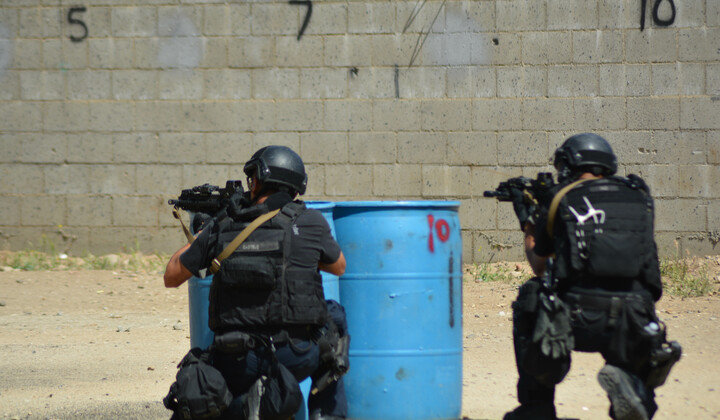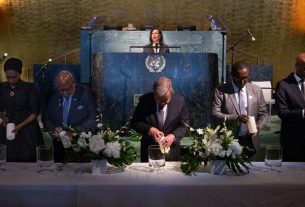Rio de Janeiro, Brazil — A police operation in Rio de Janeiro has left at least 120 people dead, the highest death toll ever recorded in a single raid in Brazil. The unprecedented scale of violence has prompted United Nations human rights experts and civil society groups to call for an independent investigation into what they describe as a disturbing pattern of excessive force by Brazilian security forces.
A Pattern of Deadly Policing
The raid, carried out in a favela last week, was officially aimed at dismantling organized criminal groups. Yet the staggering number of fatalities has intensified scrutiny of Brazil’s policing model, which already records some of the world’s highest rates of police killings. Rights advocates argue that such operations disproportionately target poor, predominantly Black communities, perpetuating cycles of violence and mistrust.
International and Domestic Pressure
UN experts have urged Brazilian authorities to:
- Halt ongoing operations where excessive force is evident.
- Safeguard witnesses, relatives, and community members from reprisals.
- Preserve forensic evidence for impartial review.
- Align policing practices with international human rights standards.
Within Brazil, legal scholars and advocacy groups are pressing for independent prosecutorial oversight, noting that investigations are often compromised when civil police probe their own colleagues.
Broader Implications
The incident underscores long-standing concerns about Brazil’s security policies, which critics say prioritize militarized crackdowns over community-based approaches. Observers warn that without accountability, impunity will deepen and public trust in law enforcement will erode further.
The Rio raid has become a defining moment in Brazil’s debate over policing and human rights, with international and domestic voices converging on a single demand: accountability and systemic reform.



